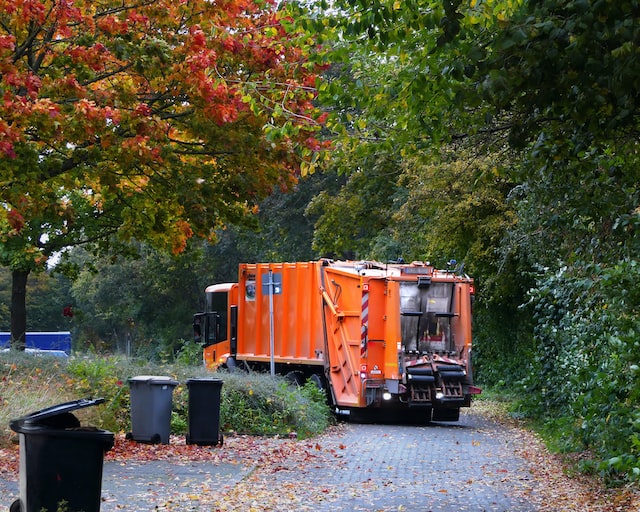Business Waste Collection UK Regulations
Whether you’re an individual or a business, there are certain requirements you must fulfill in order to comply with the waste collection regulations. These regulations include the WEEE (Waste Electrical and Electronic Equipment) regulations, the Fly-tipping and Segregation regulations, and the Duty of care regulations.
Duty of care
Whether you’re a small business owner or a multinational company, you have a legal duty of care when collecting business waste. You must do so safely, securely and in a way that does not harm the environment.
The duty of care is outlined in the Environmental Protection Act 1990 and regulations, which set out the legal obligations of businesses to manage waste responsibly. The duty of care also covers individuals. This means you may be fined if you fail to comply with the regulations.
The duty of care is designed to protect the environment and human health. It applies to all businesses, including those in city centres. The Environment Agency is the regulatory body for England and Wales. Its duties include issuing Waste Transfer Notes and monitoring waste.
Costs
Various factors affect the cost of business waste collection. These factors include the type of waste, the amount of waste, the frequency of collection and the location of the business.
A business can expect to spend an average of 4% of its turnover on business waste disposal. This can be a large expense for businesses of all sizes. There are a number of ways to lower costs, such as recycling. A waste audit can help identify the best methods of waste disposal.
Businesses can also reduce costs by hiring a business waste collection service. This allows them to reduce the amount of time they spend on waste management and allows them to focus on other aspects of their business. Choosing a waste management company that has a large network can also help reduce operational costs.
Segregation
Having a business waste collection UK segregation scheme is a great way to help your business save money and be more environmentally friendly. It also means that items suitable for recycling don’t get mixed with the rest of your waste. It can also prevent items from being dumped in landfills.
There are many types of waste, so a segregated bin can help to sort the best materials. It is important to keep these separate so that they can be recycled in an efficient manner.
It is also important to make the process of segregation as easy as possible for your staff. Label all your waste containers clearly. Also, keep clear and transparent bins for recyclable materials. You should also avoid black bin bags.
The government has also vowed to recycle 65% of municipal waste by 2035. It has also committed to a maximum of 10% municipal waste in landfills.
WEEE regulations
Increasingly, businesses are required to follow WEEE regulations for business waste collection. These regulations aim to reduce the amount of electrical and electronic waste that ends up in landfills. They also encourage reuse and recycling.
The WEEE Regulations set targets for the recovery and recycling of electrical and electronic equipment. They are normally passed at a state, regional or provincial level.
WEEE regulations also require producers to establish infrastructure to facilitate collections of WEEE. This can include a take-back solution in the country where the product was manufactured. In addition, producers must provide end-users with take-back logistics.
WEEE regulations also require businesses that refurbish or recycle EEE to hold a waste management license. They may also be required to apply for a PPC permit.
WEEE is a type of waste that is made up of electrical and electronic equipment (EEE). EEE is a wide range of products, from small household appliances to medical devices. Some items contain hazardous components, which could pose health risks.
Fly-tipping
Whether or not you agree with the government’s decision to ban the fly-tipping of business waste, you’ve probably heard media reports about the dramatic rise in fly-tipping during the pandemic. These reports suggest that there was a substantial increase in fly-tipping, especially in urban areas. However, it is not clear that this increase was due to an increased influx of visitors.
Fly-tipping occurs on land that is not intended for waste disposal, such as private gardens, farmland and industrial land. It is illegal under the Environmental Protection Act 1990, and can be prosecuted.
Local authorities have a responsibility to maintain records of fly-tipping incidents. These records are required to be returned to DEFRA at quarterly intervals.
The Regulatory Investigation Powers Act 2000 (RIPA 2000) sets out how local authorities must investigate fly-tipping offences. Officers must trace the person responsible for the illegal dumping, identify the nature of the illegal dumping and then issue fixed penalty notices.
Read more interesting articles at Info Digital Space











